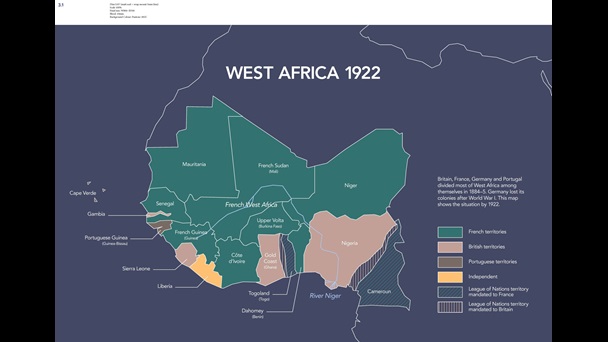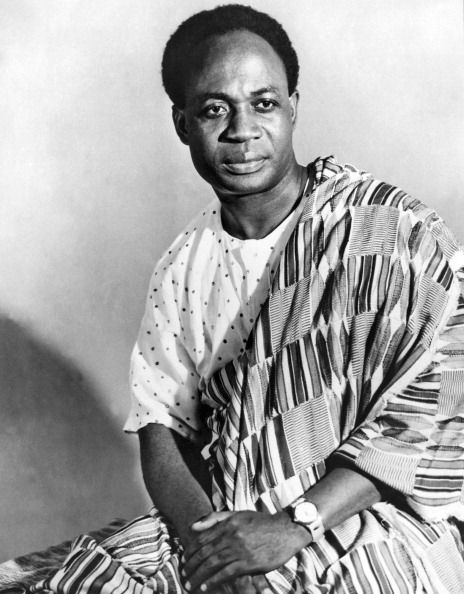In case you aren’t aware of how the nations of West Africa came to be, we put together a brief summary of how de-colonisation happened in the area, focusing on Ghana as the first decolonised country.
The decolonisation period is one of the most important aspects of contemporary African history. During the 19thcentury Scramble and Partition of Africa, all territories in West Africa fell under the control of Germany, Portugal, France and Britain. But following the First World War, German territories were split between France and Britain. By 1950, all of West Africa was under their control.

Resistance to colonialism and the quest for independence of West African states became stronger during the Second World War. Thanks to the development education primarily by Christian missionaries, many West African states possessed an impressive crop of educated individuals who helped led the modern nationalist attempt to achieving independence.
Disenchanted by the exploitation and discrimination by the colonial system, educated elites in West Africa were frustrated by the lack of progress in facilitating any real participation in the colonial political system. They established political parties such as the African Democratic Rally in French West Africa, which helped flame opposition to colonialism. Within 30 years between 1950 and 1980, modern nationalists across West African territories successfully campaigned, violently and non-violently, for the decolonization of their countries.
Ghana was the first country in the region to achieve independence in 1957. However it was no easy feat; led by foreign-educated nationalists such as Joseph Danquah and Kwame Nkrumah, Ghana pursued a radical approach towards independence. Nationalists rioted and boycotted European trading houses to draw attention to their cause. This led to the arrest of Nkrumah and other rioters.

British inquiry into the unrests in the country concluded that the chief reason was political frustration and low participation of Africans in the government. Thus the British introduced a new constitution in 1951. The constitution granted greater support for the participation of Africans in government. The constitution also set the country on the path towards self-governance. Nkrumah was released and his party went on to win majority seats in the reformed Legislative Council. By 1952, he was elected into the newly created office of Prime Minister.
Nkrumah negotiated a several concessions with the British which ultimately culminated in the independence of the country by 1957. He became the first Prime Minister of independent Ghana, reigning from 1957 to 1966.
Other British West African countries, like Nigeria, recorded similar paths to independence. By 1958, Nigeria was granted self-government and by 1960 it became fully independent.
Similar development occurred in French West Africa. Between 1958 and 1960 these colonies achieved their independence. Meanwhile the Portuguese colonial territories achieved their independence much later in the 1970s.




